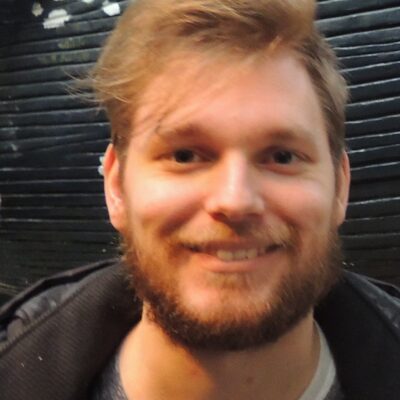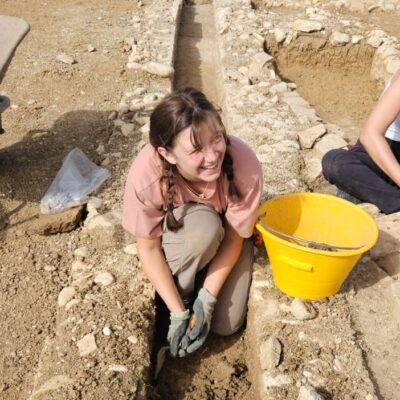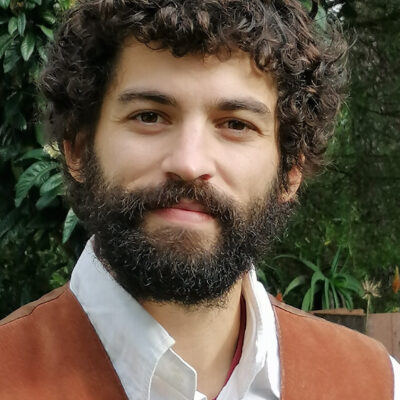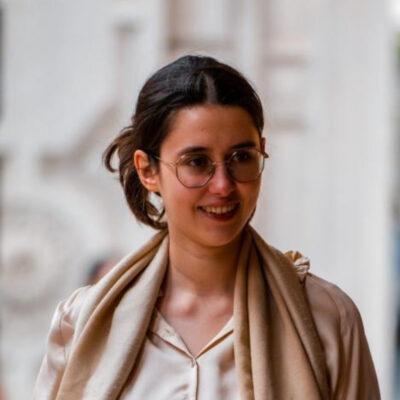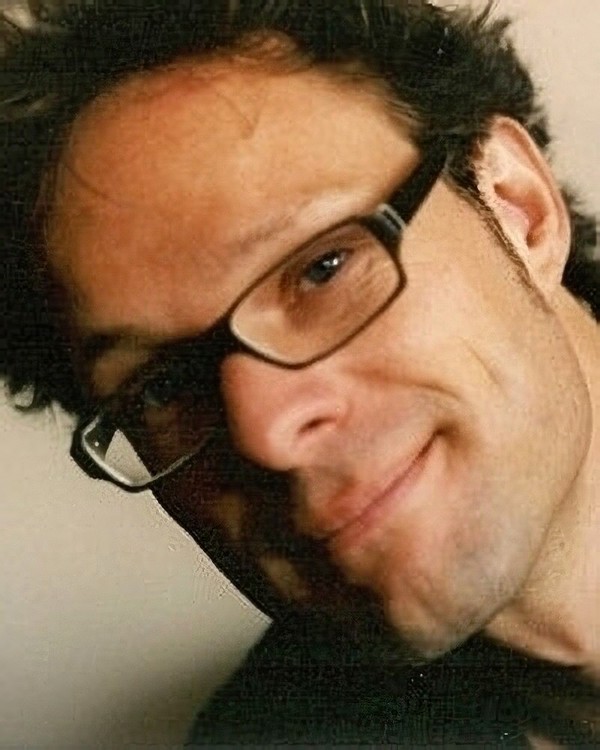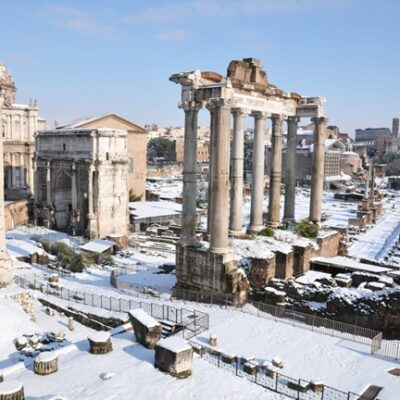My research and teaching engages with the formation of Roman imperialism and its interactions with pre-existing polities and people. My approach combines ancient history and epigraphy with new archaeological field work in the Western and Central Mediterranean.
Roman religion and cult places
Trained initially in Prehistory and Classics and subsequently Mediterranean archaeology at Amsterdam and Rome, I defended my thesis on Roman expansion and cult places in ancient Italy at Amsterdam University. The resulting book Cult Places and Cultural Change (Amsterdam UP 2009) focused on the impact of Rome in the realm of religion and rural settlement organization. It argues for a stronger Roman impact in these spheres than previously assumed, by pointing out unexpected patterns related to early Roman expansion. Also Stek/Burgers, The impact of Rome on cult places and religious practices in ancient Italy (London 2015) reflects my belief in bringing together different disciplines and international research traditions. Ongoing excavations and explorations in and around the sanctuary of S. Giovanni in Galdo and other sites form part of the Tappino Area Archaeology Project (2004-now cf. below).
Roman imperialism and colonization: landscapes of early Roman colonization
I then pursued the historical theme of Roman colonization further with postdoctoral research at the Faculty of Classics at Oxford, first with a Rubicon NWO Fellowship, then with a Golding Junior Research Fellowship at Brasenose College, Oxford, for the ancient historical and epigraphic aspects. A Marie Curie Fellowship at Glasgow University helped me to shape an alternative, anthropological-archaeological approach to Roman expansion. To test these ideas in the field, in 2011 I started new field work in the territory of the Roman town Aesernia (a colony established in 263 BC in the Apennines).
With the support of an ESF and then Free Competition NWO grant, I expanded this colonization research line together with Dr. Jeremia Pelgrom (Groningen University) and an enthusiastic international team of postdocs, PhD students and other collaborators and students. This Landscapes of Early Roman Colonization project (2013-) connects the rethinking of the modern historiography and theory of early Roman expansion with new field work in two early colonies founded by Rome (see Stek/Pelgrom, Roman Republican Colonization, Rome 2014). My position at Leiden University, as Associate Professor and as Head of Department World Archaeology, stimulated further comparative research on empires and imperialism (see Düring/Stek, The Archaeology of Imperial Landscapes: A Comparative Study of Empires in the Ancient Near East and Mediterranean World, Cambridge UP 2018).
